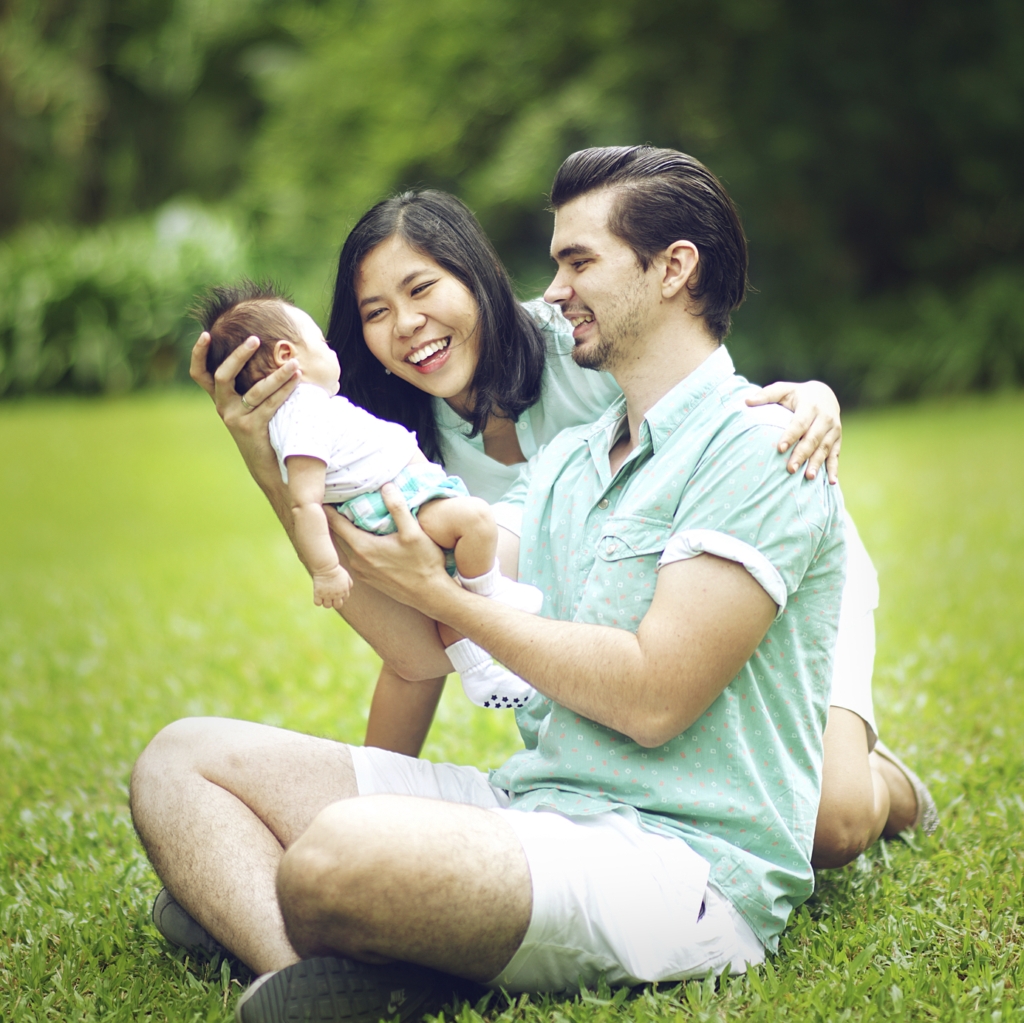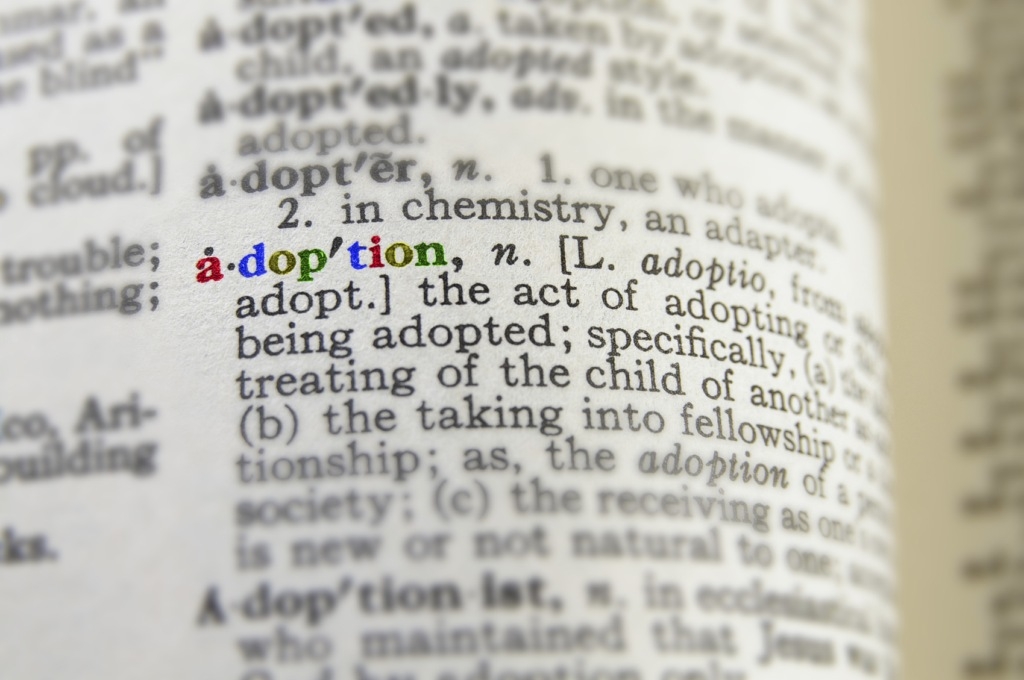SingaporeMotherhood | Parenting
August 2016
What you Need to Know about Adopting a Child in Singapore

Are you considering adopting a child in Singapore? We break down the process for you and tell you what to expect. We also ask adoptive parents to share their experience.
Being a parent is a gift, but not everyone is blessed with their own. Children are a blessing, but not all are welcomed with open arms. Thankfully, there is a way to pair those who wish to have children but can’t with the very children who need new parents and loving homes.
Adopting a child in Singapore is not an easy process by any means, but if successful, it is life-changing and its rewards endless. We explain the whos, whats and hows, and we also speak to parents who have gone through the process to get their first-hand insight.
[banner][/banner]
Who Can Adopt

Singapore’s Adoption of Children Act requires that prospective adopters must be Singapore citizens or permanent residents (or holders of an Employment Pass, Dependant’s Pass or any other Pass which the Family Justice Courts deems as residents in Singapore), and be at least 25 years old.
They must also be at least 21 years older than the child, but not more than 50 years older. The reason for this, according to the Ministry of Social and Family Development (MSF), is that “As an adoptive parent, you are responsible for providing education and protecting the welfare of your adopted child until he or she is independent. You must ensure that you have the physical and financial means to see the child through this journey.”
(See also: Plan your Finances as a Couple, a Family, and with a Newborn)
Exceptions may be made if the child is related to the adopter by blood, or if there are any other special circumstances.
Successful adopters are usually married couples, although singles may be allowed to adopt on a case-by-case basis. Typically this involves the adoption of a relative – for example, a lady who adopts her orphaned niece or nephew.
Who Can be Adopted

You can look for a local child to adopt through relatives, friends and other parties, but in any case, the child has to be transferred in a proper and legal manner with signed consent from the child’s birth parents. The child must be below 21 years old and a Singapore citizen or permanent resident.
Children under State care can also be adopted via the MSF, although a home study has to be completed before proceeding. The same is true when adopting foreign children.
(See also: Becoming A Foster Parent in Singapore)
The majority of adoptions in Singapore are of children from overseas, traditionally from countries in the region such as Malaysia, Indonesia, Vietnam and Thailand. More recently, there has been a growing trend where prospective adopters are looking for babies to adopt via online platforms.
Many have also adopted babies from the People’s Republic of China (PRC), although the numbers have lessened after the Singaporean and Chinese governments signed an agreement in 2004 that prohibits agents from finding Chinese babies. This was to prevent the illegal cash sale and exploitation of babies.
Who to Consult
While it is possible to undertake most of the applications with MSF and the Family Court by yourself, you are encouraged to seek assistance from a MSF-accredited voluntary welfare organisation, where trained facilitators can help you through the often long and tedious process. They are also the only agencies allowed to conduct the compulsory Home Study Report.
There are currently four such agencies:
- TOUCH Adoption Services
- Fei Yue Community Services
- Lutheran Community Care Services
- Apkim Centre For Social Services
Out of the four, only TOUCH Adoption Services (TOUCH) and Fei Yue Community Services (FYCS) are allowed to handle adoptions from China.
Teo Seok Bee, Senior Manager of TOUCH, is proud to share that they have directly found permanent and loving families for 150 children since 2001. They also provide counselling for both adoptive and birth families, helping them to make informed decisions.
“In addition, we run a support group called TAFNET – TOUCH Adoptive Families Network – with a membership of more than 330 families. Meeting other families who share a unique yet similar journey helps to normalise the experience for the children and offer the parents a place to exchange ideas and find support,” says Ms Teo.
How to Adopt

The MSF lists up to 15 steps in the adoption process, depending on if you are adopting a local child or a foreign (non-PRC) child. Some of the main points are explained below.
For adoptions from China, in addition to Singapore’s requirements, you will also have to comply with requirements from the China Centre for Children’s Welfare and Adoption (CCCWA). This link explains the process in further detail.
Pre-Adoption Briefing (PAB): All prospective adopters have to attend a compulsory 2.5-hour one-off session before identifying a child for adoption or starting the adoption process. This is conducted by the MSF-accredited agencies to prepare prospective adopters who are considering adoption. The four main objectives of the PAB are for you to:
- Learn about the adoption process and whether you are eligible to adopt
- Understand your rights and responsibilities as an adoptive parent
- Understand the needs of an adopted child
- Find out where you can get support in your parenting journey with the adopted child
Caryn Chan, a 38-year-old analyst who adopted a newborn via FYCS, says that she had so many questions and meeting other adoptive parents at the pre-adoption briefings was immensely helpful. “Being able to hear their stories helped answer some of the unknowns like ‘What sort of questions are asked for the Home Study Report?’, ‘Was it difficult to bond with the baby?’, ‘How did other family members take to the baby?’, ‘What questions will the child ask about their birth family when they grow up?’ It really helped us prepare administratively and mentally for the adoption journey.”
Home Study Report (HSR): If you decide to adopt a foreign child or one under the State’s fostering system, a Home Study has to be conducted next. This is a comprehensive investigation into the circumstances surrounding the adoption and the adoptive family. In the interest of the child, it is important that the prospective adopters be assessed to be suitable and ready to accept the child into their home. The HSR is conducted by professional social service staff from the MSF-accredited agencies and costs $1,500 to complete. You cannot agree to adopt any child or initiate any legal proceedings until you have a favourable HSR.
“The preparation was tremendous,” recounts Chiew Yoke Fong, a semi-retired pathologist who is the adoptive mother of two girls age 5 and 3 years of age. “So many mandatory reports – police, medical, mental, financial, referees, home assessment – have to be provided. Thankfully, seminars and books on adoption, meeting other adoptive families, and advice from TOUCH Adoption Services were extremely helpful.”
Identify your adoptive child: Once you’ve passed the bar, you can begin to identify a suitable child to adopt. Some foreign countries may require the HSR to be forwarded to their adoption authorities. The notarised consent of the child’s biological parents or legal guardians must be obtained and all identification documents (eg. birth certificate, passport) of the child must be authenticated.
Dependant’s Pass: At this point, you can apply to the MSF for a Dependant’s Pass that will allow a foreign-born child to remain in Singapore while the adoption is being finalised. The Dependant’s Pass usually takes about two weeks to process and is valid for nine months. This link provides a detailed description of how the Dependant’s Pass works.
Applying to the Family Justice Courts: With all this in hand, you can now submit a formal application to the Family Court. For detailed information on the legal procedures and documents required, you can refer to A Procedural Guide to Adoptions. A series of procedures will ensue, including interviews with a Child Welfare Officer at the MSF office or other premises, as well as home visits. All this will culminate in a court hearing to determine if the application is successful. The entire process from application to approval can take five to seven months.
Things to Note When Adopting a Child in Singapore

Paying the birth parents or other agents for giving up their child for adoption is illegal, although you can reimburse them for prenatal, delivery and post-natal expenses. If you engaged an adoption agent to find a child, you are also likely to incur fees onwards of $25,000.
The Family Court requires you to submit a detailed itemised breakdown of all costs involved during the transfer of the child. These include agent fees and reimbursement to the birth parents, and proof of original receipts must be provided.
(See also: IVF in Singapore: Is It Getting More Affordable?)
Prospective adopters are strongly encouraged to attend a Disclosure Workshop conducted by TOUCH or FYCS. It will help you understand why adopted children should be told about their status and show you how to broach the subject.
The accredited agencies also offer other pre- and post-adoption programmes to help you prepare and transition into your new role as parents, and ensure the continued well-being of the child. You are encouraged to participate in these – this period can often be stressful and many adoptive parents – and children – have found support groups and trained counsellors helpful.
Yoke Fong adds, “A series of meetings with the birth family was arranged, initially three times yearly, then twice and now annually. This helps the children overcome feelings of abandonment by their birth families. It also allows the birth families to see how well the children are growing up, thus alleviating some of their guilt.”
All content from this article, including images, cannot be reproduced without credits or written permission from SingaporeMotherhood.
Follow us on Facebook, Instagram, and Telegram for the latest article and promotion updates.





